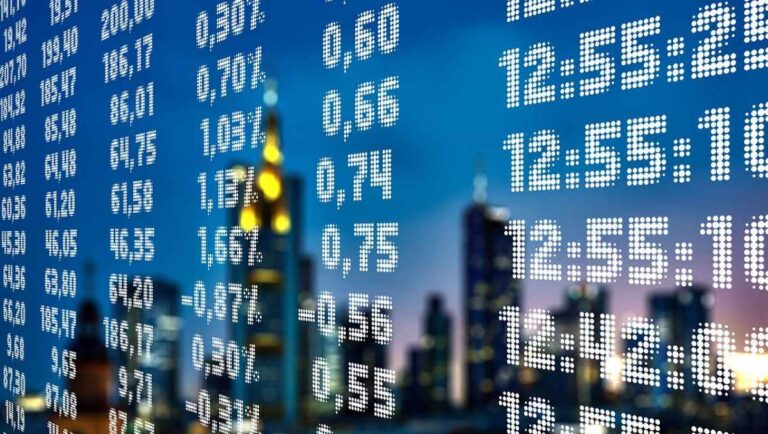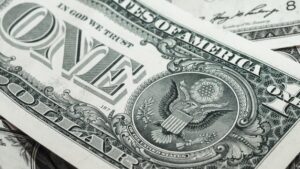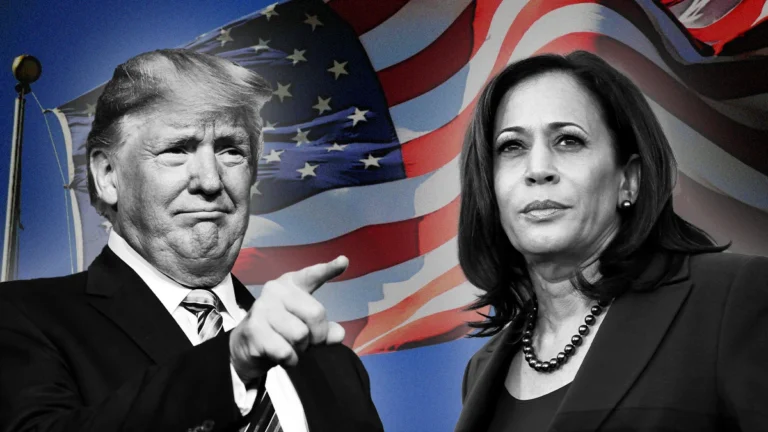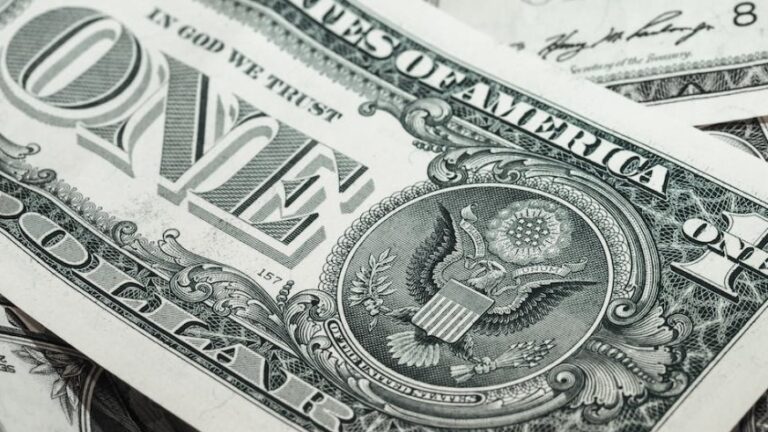The term Commodity was introduced into the English language around the 15th century and derives from the French word commoditè, used to indicate an advantage or convenience.
Commodity refers to raw materials, i.e. that particular category of goods that is exchanged on the market without qualitative differences.
More specifically, these are so-called fungible goods, which are therefore replaceable in the satisfaction of the need to which they are connected, regardless of who produces them.
Thanks to their fungibility characteristics, Commodities are easily tradable on the market and can be used as underlyings for various financial instruments.
In fact, there are Commodity bonds, for example, which are bonds whose capital repayment value and interest are indexed to the price of a certain raw material, or Commodity futures, or future contracts in which one is obliged to exchange a pre-established quantity of goods on a pre-established date and at a certain price established at the time of negotiation.
Table of Contents
The types of Commodities
Commodities represent a very heterogeneous group of goods, with different intended uses, specificities and qualities, different storage capacity and different intensity of renewability.
They can be classified into two macro categories, Soft Commodities and Hard Commodities.
Commodities deriving from the agricultural and livestock sector are considered Soft Commodities and can be divided into:
- agricultural goods: oats, soybean meal, wheat, corn, soybean oil, soybeans, cocoa, coffee, cotton, lumber, orange juice, tobacco, sugar;
- meats: cattle, dairy cattle, pigs, pork belly.
On the other hand, commodities from the energy, precious metals and industrial sectors belong to the Hard sector:
- precious metals: gold, platinum, silver, palladium;
- metals: aluminium, cobalt, nickel, copper, zinc, molybdenum, steel, tin;
- energy: gasoline, ethanol, natural gas, naphtha, petroleum, propane;
- electric energy.
However, electricity has some peculiarities compared to other commodities, given that it derives from other primary energy sources, it must be used immediately and storage, like transport, involves high costs and waste.
Where are Commodities traded
Each continent has its own exchanges. Here are the main ones.
North America
- CME, Chicago Mercantile Exchange, where a wide range of products are traded: futures and options on indices, currencies, interest rates and commodities, up to derivatives on economic indicators and weather conditions;
- NYMEX, New York Mercantile Exchange, where WTI Crude Oil, naphtha, natural gas, propane, gasoline, gold, platinum, palladium, silver are traded. He has been part of the CME group since 2006;
- COMEX, which became part of the CME group in 2008, is the place where industrial and precious metals are traded;
- CBOT, Chicago Board of Trade, founded in 1848, where corn, oats, rice, soybeans, soybean meal, wheat, ethanol are traded. Since 2007 CBOT has been part of the CME group;
- TSX, Toronto Stock Exchange, is the main stock exchange in Canada, where mainly mining and energy stocks are traded.
Asia
- DCE, Dalian Commodity Exchange. Founded in Dalian, China, in 1993, and considered the second largest agricultural futures exchange in the world;
- MCX, Multi Commodity Exchange. Private exchange based in Mumbai, India, founded in 2003. Trades oil, natural gas, seeds/grains and industrial/precious metals.
Europe
- ICE, the Intercontinental Exchange, formerly known as IPE, International Petroleum Exchange, where cocoa, coffee, cotton, sugar, concentrated orange juice, Brent crude, WTI crude, electricity are object of trading;
- LME, London Metal Exchange, where copper, lead, zinc, tin, aluminium, nickel, cobalt, molybdenum and recycled steel are traded;
- EEX, European Energy Exchange, part of the Eurex group, controlled by Deutsche Boerse, is a regulated commodity exchange that owns and manages several electricity trading markets in Europe, Asia and the United States.
Read also: What are the main factors driving commodity prices?












